When it comes to the CSRJ-AH volunteer team, or the positive energy from the Center, in general, you can’t help but think of Alex Crisu ‘s name.
What is Alex Crisu doing today, and what road led him here?
I currently work as an AdOps Manager for the largest group of online advertising companies in Germany. The role that the position of AdOps Manager offers me involves, first of all, the careful coordination and supervision of the advertisements or campaigns received from the clients and, secondly, their correct targeting, so that the customer can connect as soon as possible with potential users.
The first experience that helped me better understand what adult life means and what the first step in a student’s professional activity entails was during university studies. From the first year of college I was part of the team of volunteers of the “Angela Hondru” Romanian-Japanese Studies Center at the Romanian-American University. Gradually, I worked in parallel, at different times for the Erasmus office and the “Murray Rothbard” Center for Political Economy and Business. After finishing my studies, I obtained a research scholarship for 1 year and a half in Japan, at Ritsumeikan University, and on my return to the country I worked for two other international companies in the digital marketing department.
Why Japan?
I discovered Japan for real at the Romanian-American University in the workshops organized by CSRJ-AH, in partnership with Toyota Motor Corporation in Bucharest. It is difficult to choose one thing that attracted me to Japan and Japanese culture, and if I were to list them all, the list would certainly be very long. I think most of all, the balance leans towards my curiosity about a completely different world. Then, people kept close to me, the way they think and behave, their patience and calm, the lessons we can learn from the Japanese, but also the way they express themselves through traditional arts, the sound of the drums being what made me fall in love irretrievably.
Your first visit to Japan was on the occasion of the Cultural Program organized by CSRJ in 2013. What memories do you have from back then?
The Cultural program in Japan is a unique experience that I recommend to all those who want to understand and know Japan as it is. There are two intense weeks in which you cross half the country living new experiences and trying to adapt to a completely different lifestyle. In Japan you live, think, eat and travel like a Japanese. You sleep in a traditional hotel, on a futon, you end up with a favorite conbini store, you go to onsen, you get used to civilized queuing, you travel by public transport, not by a tourist bus, you don’t talk on the phone during the trip because it would be rude to other travelers, walk the streets of cities and be surprised by the cleanliness, even though you can’t find trash cans at all. It is an experience that brings you to the heart of Japan and helps you understand the country and the people in a way that a simple bus trip could never do. Two moments come to my mind when I think of the Cultural Program: the first, in 2013, when I could admire the sacred mountain of Japan, Fuji, from the shinkansen running at 300 km / h; the second is related to an experience I had while visiting Ritsumeikan University, where I participated in a taiko show and workshop, organized for us by the traditional drum band of the university. To hear the sound of taiko in Japan, and then to be able to play with my colleagues there, was a really special experience.
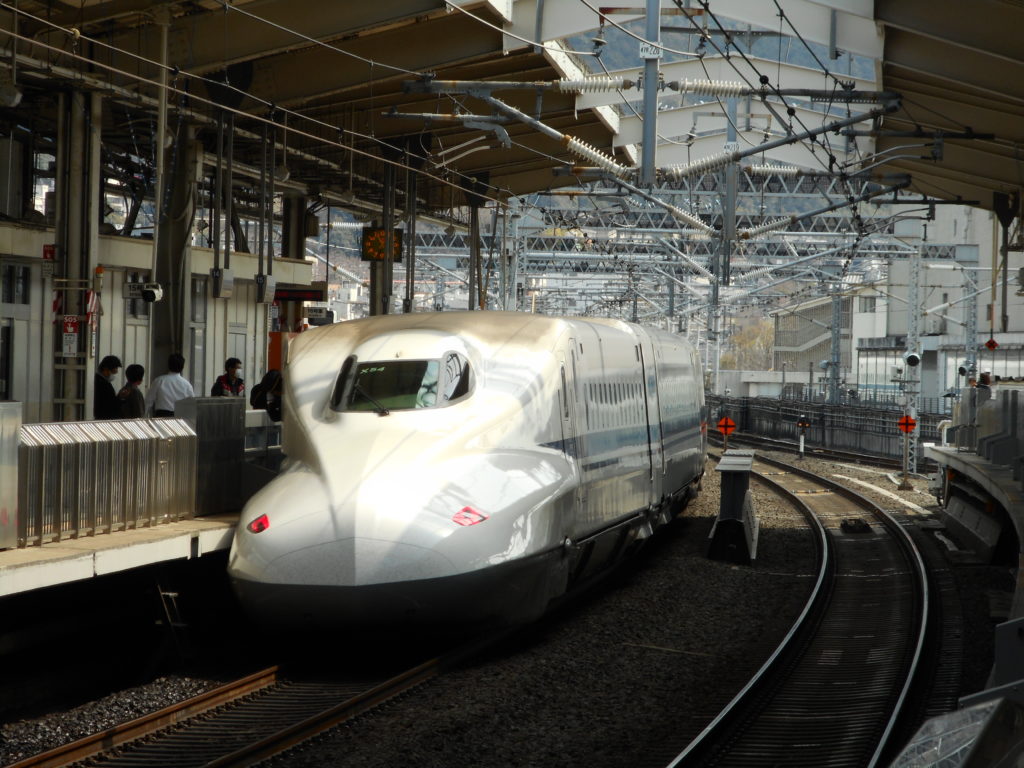
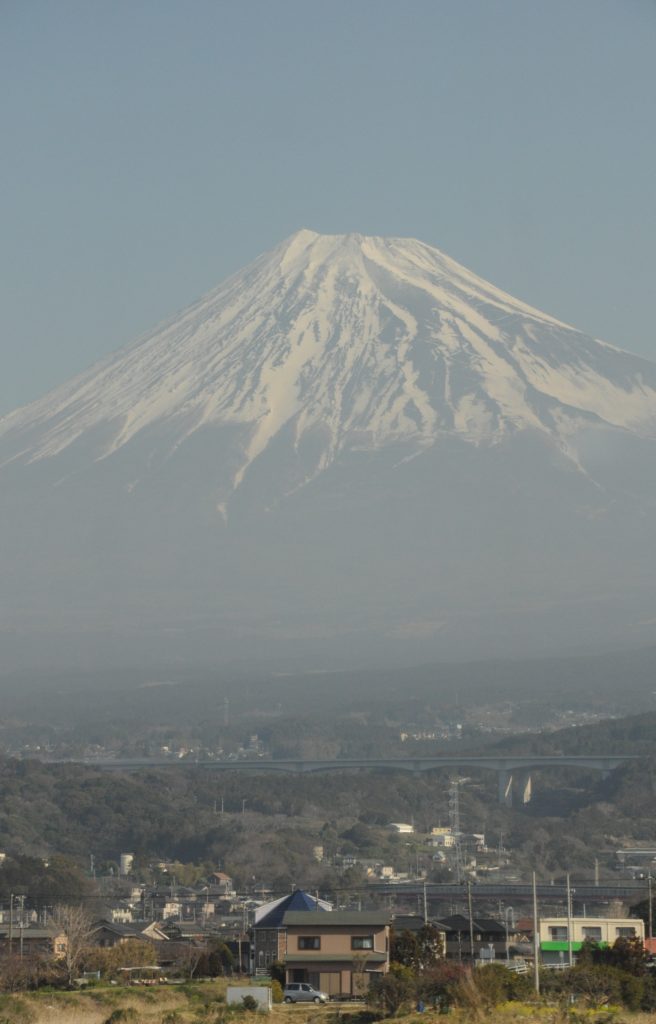
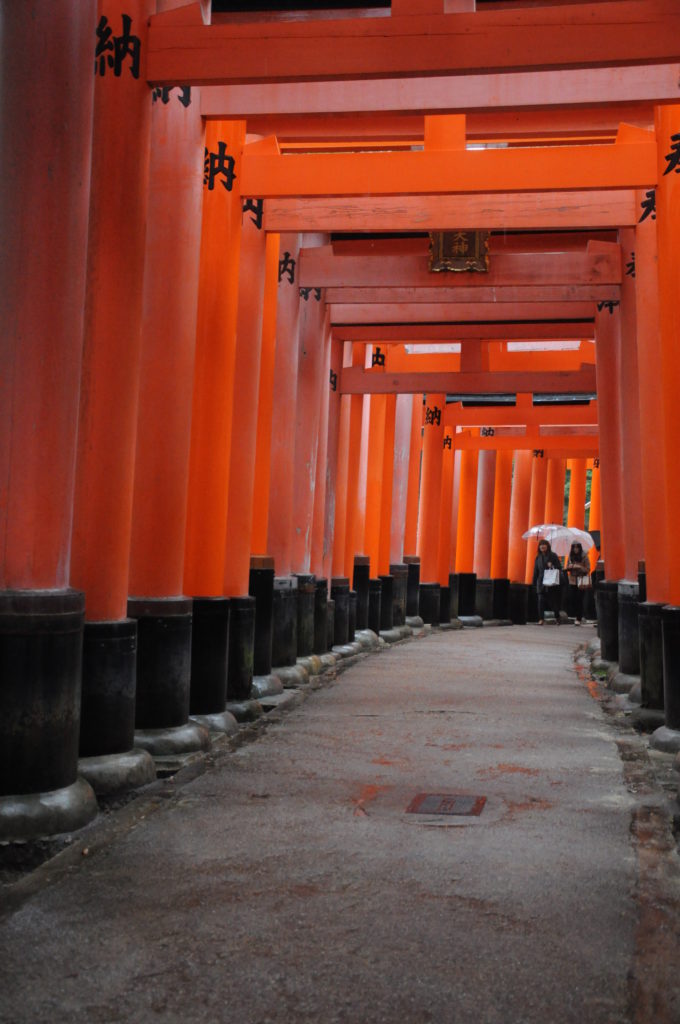


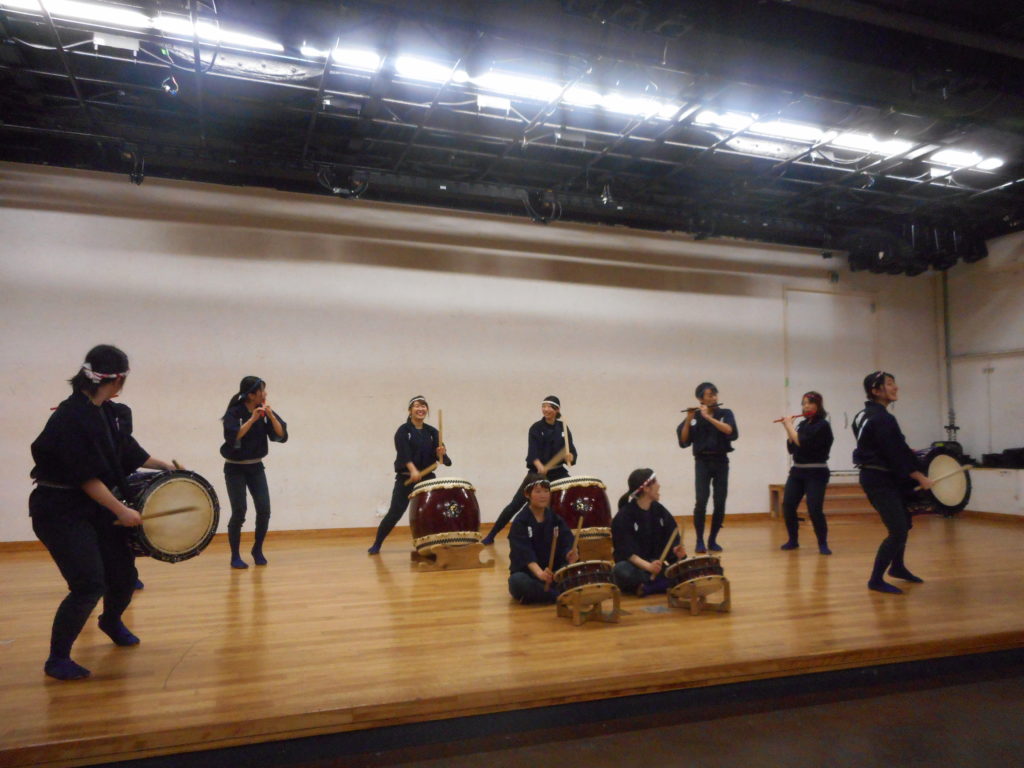
You were a Japanese Government scholar, a recipient of a research scholarship at one of Japan’s largest universities. How did this stage mark you?
After graduating from the Romanian-American University and due to the experience gained at CSRJ-AH, in 2015 I obtained a research scholarship from the Government of Japan at Ritsumeikan University, in Kyoto. The research topic was “Human Resource Management in Japanese Companies”. I chose it because from the moment I discovered Japan, in addition to culture, I was fascinated by the way people treat the idea of work, the way they relate to the workplace and the company they work for. Also, the fact that in a relatively short time after World War II, Japan managed to reinvent itself and become one of the world’s largest economies based on the only available resource, humans, made me more eager to understand how this growth was possible. For a year and a half, I studied in Kyoto the influence that Japan’s geographical location has, the culture of employees and the way companies take care of them from the first moment they contact the organization until retirement. It was an experience from which I had a lot to learn, a year and a half in which I lived and learned in Japan, where I visited the Toyota headquarters and the Motomachi factory, where some of the models that arrive in Europe are produced. and I was able to interact with factory employees. I feel lucky because I had the chance to get to know both Japan and its inhabitants closely and to find answers to many of the questions I had.
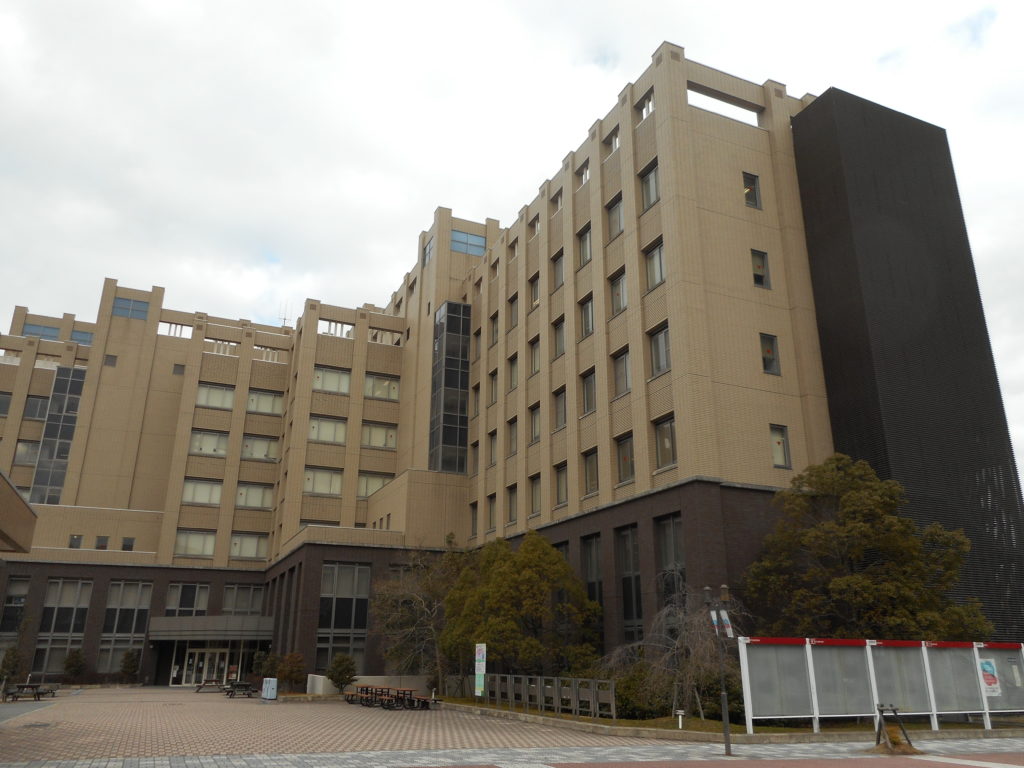
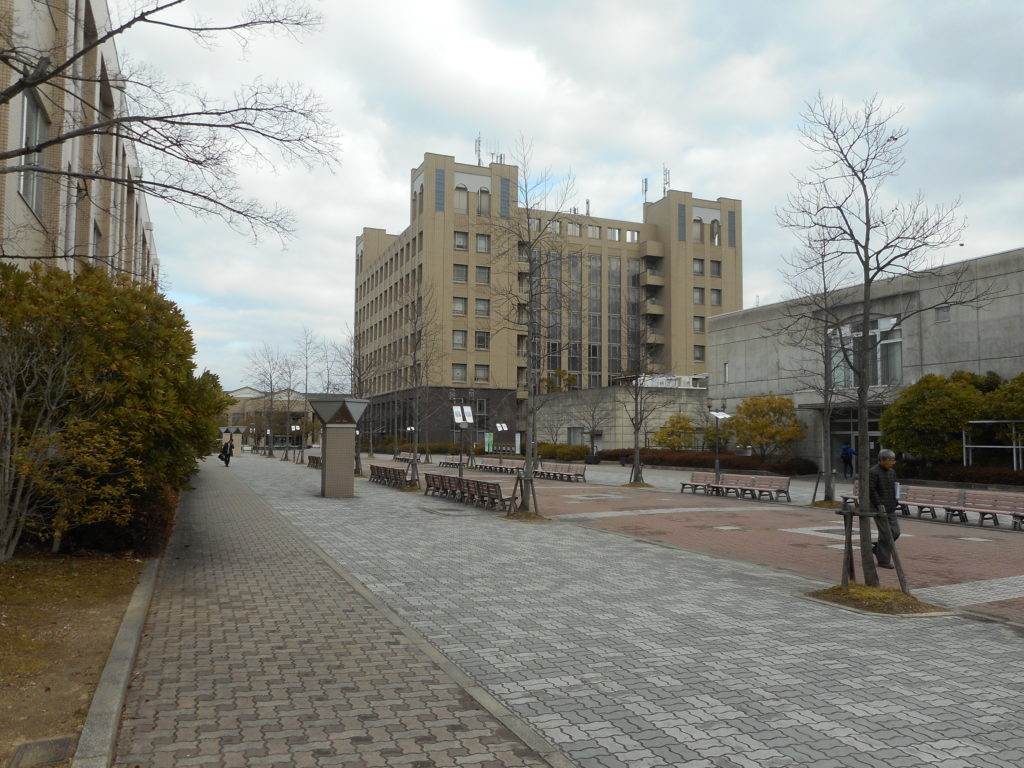
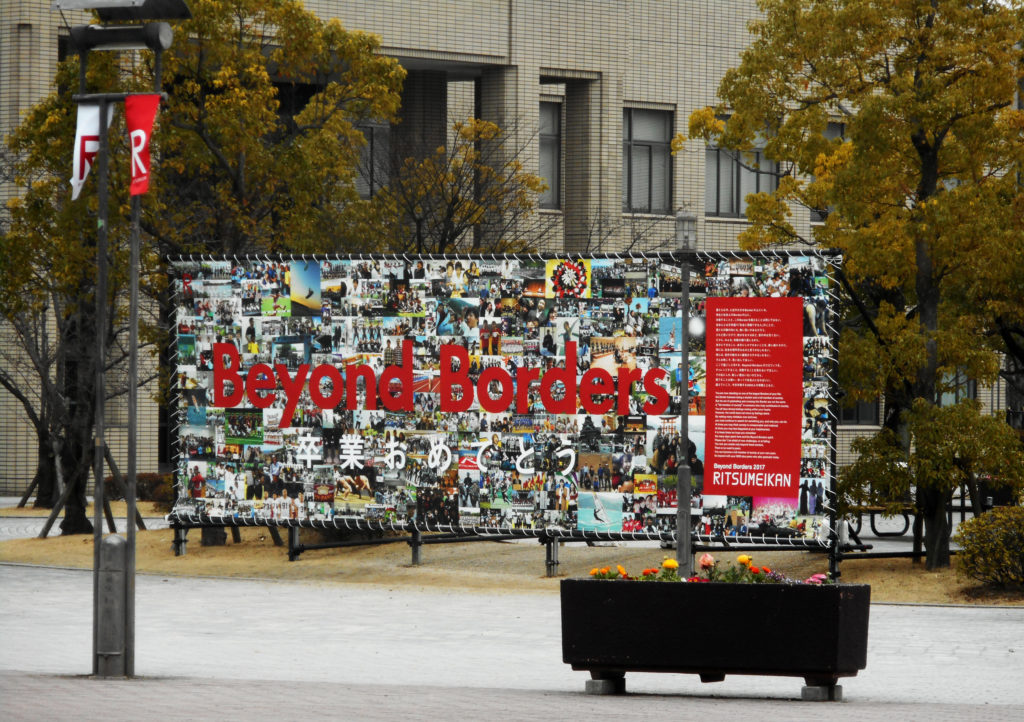
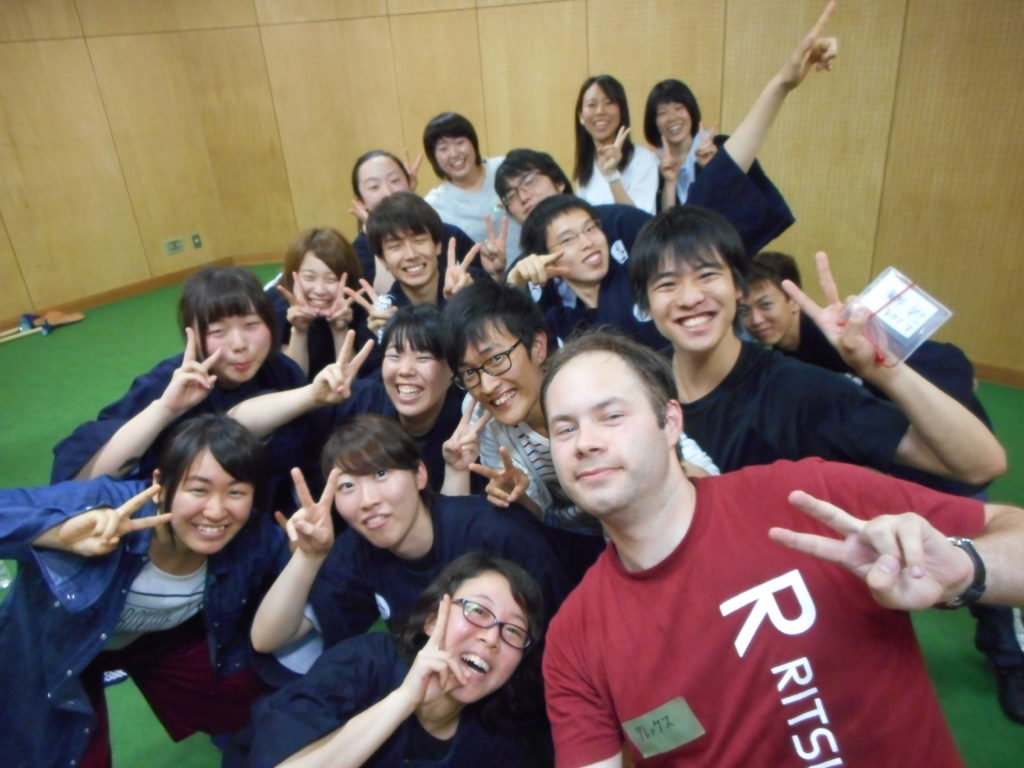
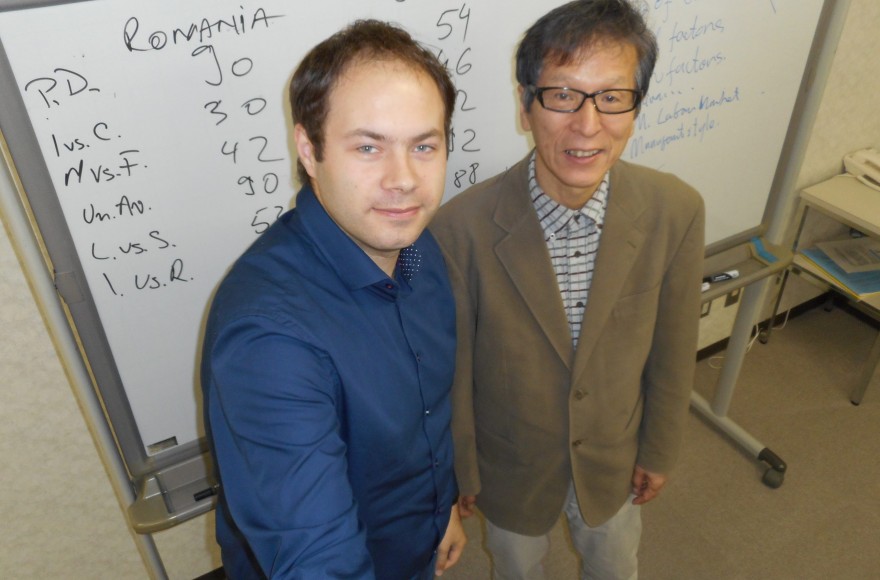
What did you like most about Japan? What about the Old Imperial City?
I don’t know if I can choose just one thing that I liked. It’s hard to choose between the kindness of the people, the perfect organization in the crowds when at rush hour people wait in line, calm, boarding the train or bus, the beauty of places or the contrast between old and new, between traditional and modern that you find everywhere. Kyoto fascinated me from the first second I got off the train during the 2013 Cultural Program and it was a dream come true that I was able to live there for a year and a half. Probably my favorite place in the whole city is the Silver Pavilion, where, if you are a little lucky and reach an hour when there are not many tourists, you can stop on the hill, in the forest surrounding the pavilion, and the peace and calmness which you feel admiring the city are among the most beautiful feelings you can experience. It is quite difficult to find such a moment in a crowded place full of tourists, but I have learned that nothing that is really worthwhile happens too easily.
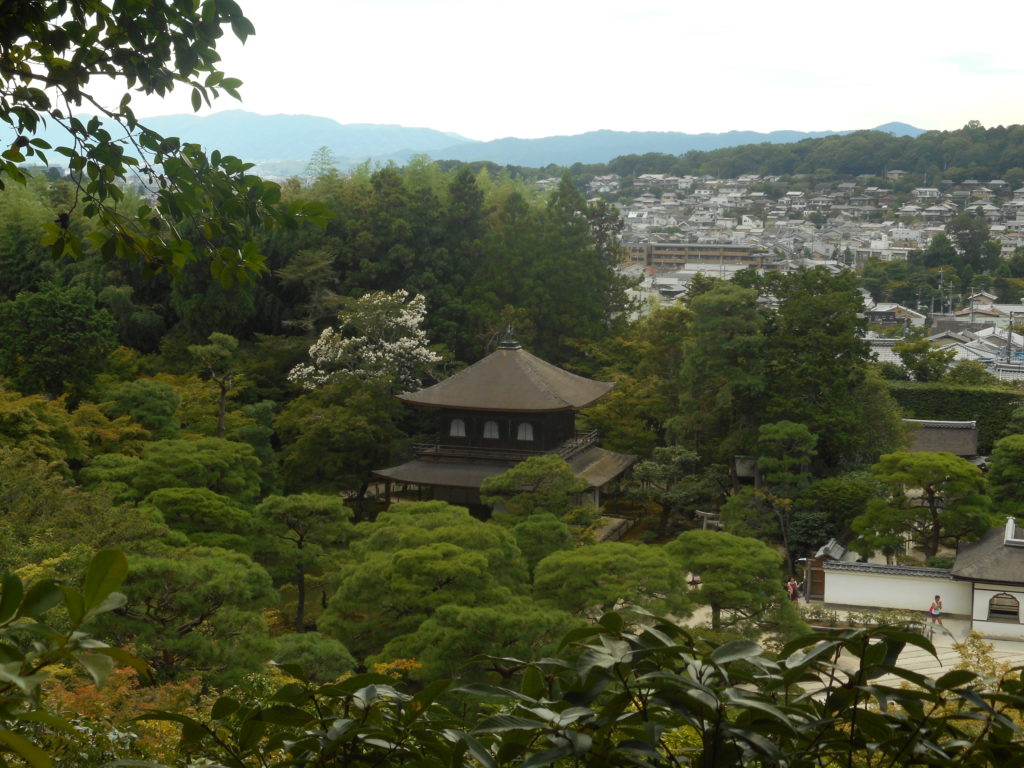
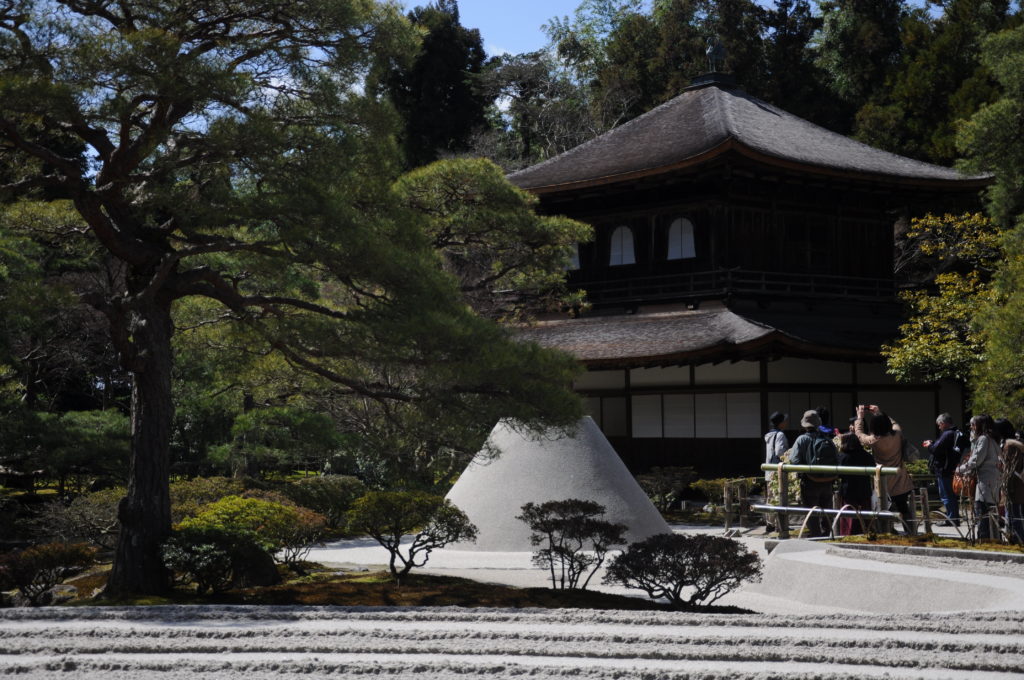
How are Romanians perceived by the Japanese?
If I had to describe Japan in one word, that would be “contrast”. I think this characterization fits here as well. On the one hand, we have the slightly older Japanese, who know about Nadia, Hagi, Popescu, Ceausescu or Dracula and are very nice when they make the famous “Comaneci” gesture or when they ask you if you also come from Transylvania, and from the other side are the youngest, who don’t know much about Romania so, most of the time, the opinion they have about you as an individual will influence the way they will relate to other Romanians they will meet over time. From this point of view, I think that each of us is a small ambassador of Romania when he/she arrives in Japan.
What is your dearest memory of the Center?
Another difficult question that makes me unjust, maybe. I’ve lived a lot of special moments at the Center. I think the most beautiful one is related to the 10th anniversary of CSRJ-AH, Haru Urara Grand Festa in 2015. It was my last year of my Master’s, just before the scholarship in Japan, it was the most complex series of events where I was in the organizing team, and for the first time the taiko band I was playing with Japanese artists Daichi Kawada and Maya Asaba. So, it was a special moment from several points of view. It was a lot of work behind it, a lot of emotions, I remember fondly how we repeated with Dan Teodorescu sensei who made from computer science and business students or economics teachers, some little musicians. The joy I experienced on stage when I played and felt that all the work was paying off, and the people in the room appreciated our moment, can’t be forgotten.
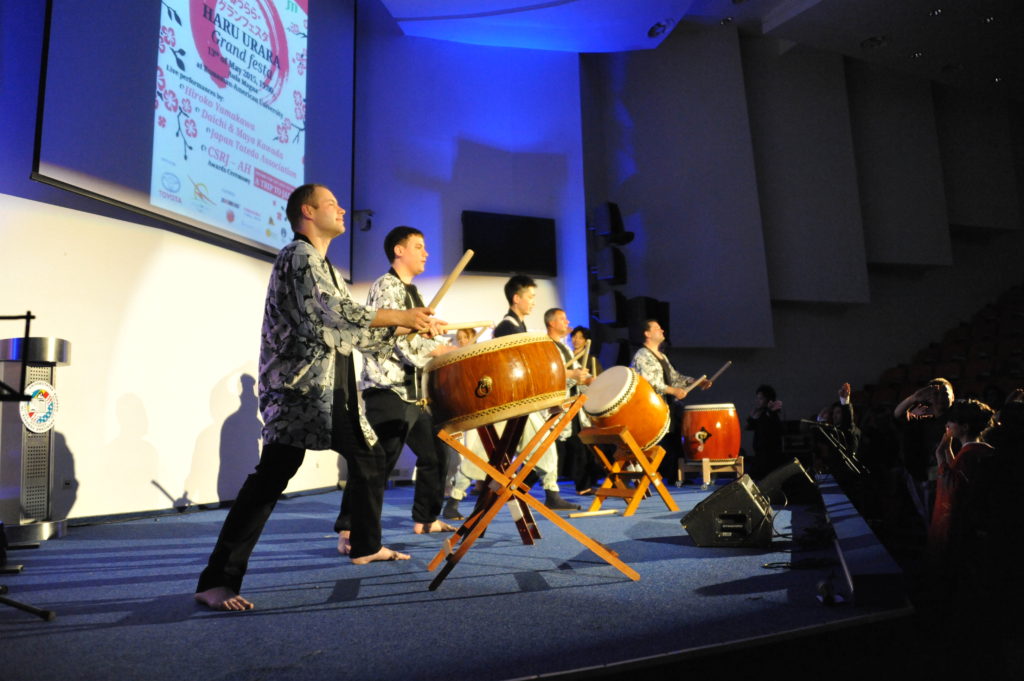
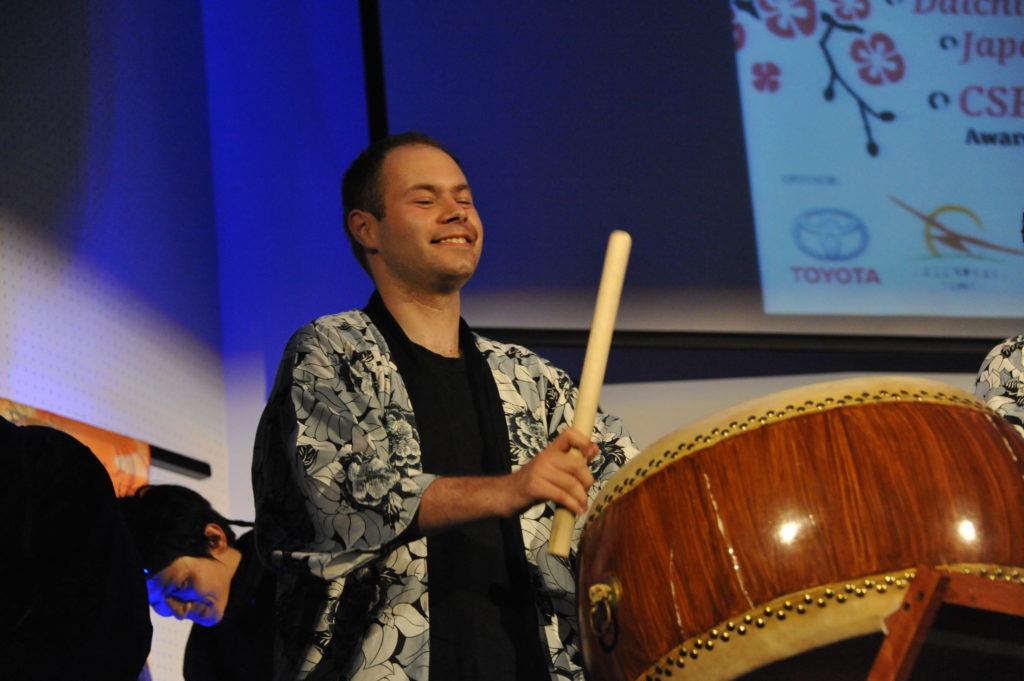
A wish, in the end, for the anniversary.
In the 5 years I have been at CSRJ-AH every day, I have gathered experiences and memories for a lifetime and I can only be grateful and lucky, because I am part of the Center’s story. I stayed close to the Center and I will always be a fan and a supporter of it, because what it offers, academically and humanly, to those who cross its threshold, is unique, rare and always deserves to be supported and appreciated. To those who make possible the little miracles of the Center I wish them to be healthy and to always remain the same wonderful people, full of energy and with the desire to do beautiful things, and to those who come for the first time I just wish them to enjoy the time spent at Center and the opportunities they have here.
Happy Anniversary, CSRJ-AH!

